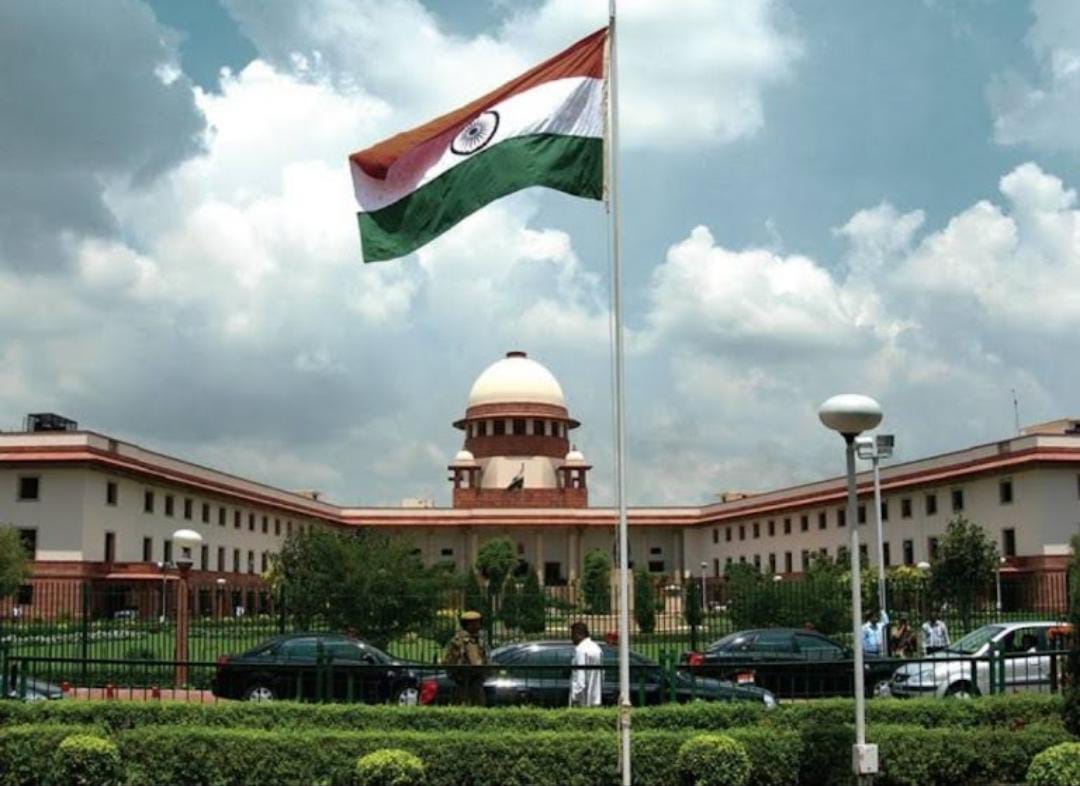
Supreme Court to Examine Rs 33,000 crore Income Tax claim on Jaypee Infratech, Impacting 22,000 Homebuyers
By: Admin
April 20, 2024
Categories: Income Tax News|News
4 Min Read

On April 15, 2024, the Supreme Court announced it would scrutinize the Commissioner of Income-Tax’s assessment that imposed a ₹33,000 crore claim on Jaypee Infratech Ltd (JIL), acknowledging the ongoing legal battles impacting 22,000 of the company’s homebuyers. The court has directed the Central Board of Direct Taxes to review the assessment order and submit a detailed affidavit within a month. Presided over by Justice Sanjiv Khanna, the bench has also called upon the Commissioner of Income Tax, Noida, to justify why its directives should not be overturned.
Previously, on March 7 of the prior year, JIL’s acquisition by the Suraksha consortium, consisting of Mumbai’s Suraksha Realty and Lakshdeep Investments and Finance, for ₹20,363 crore was sanctioned by the National Company Law Tribunal (NCLT). This valuation was set against a liquidation value of ₹17,767 crore, with the aim of completing JIL’s pending projects. The NCLT initiated insolvency proceedings against JIL in August 2017. Though the Suraksha consortium’s resolution strategy received overwhelming support from the Committee of Creditors (98.66%) in June 2021, the Income Tax department abstained from raising any objections at the NCLT, opting instead to appeal at the National Company Law Appellate Tribunal (NCLAT) later on. The consortium noted that it was only informed of the contentious ₹33,000 crore tax liability—stemming from a revenue subsidy—to the Insolvency Resolution Professional (IRP) in August 2020. In September 2023, the NCLAT endorsed the NCLT’s endorsement of Suraksha’s plan but revised it by incorporating the aforementioned tax liabilities onto the consortium.
The NCLAT ruled that the tax claim of ₹33,000 crore was not nullified before the commencement of the Corporate Insolvency Resolution Process (CIRP), clarifying that this obligation did not accrue to JIL with the passing of the NCLT order in March 2023 but would arise as demands are incrementally made.
In opposition to the NCLAT’s decision, the consortium appealed to the Supreme Court, arguing that the appellate tribunal lacked the authority to alter the resolution plan and that the decision-making power of the Committee of Creditors should not be undermined.
A senior attorney emphasized that the NCLAT’s decision to impose an additional ₹33,000 crore tax liability threatens to derail the entire insolvency resolution framework.
Moreover, legal representatives for the affected homebuyers articulated the urgent need for the completion and delivery of their properties across various sites in Noida and Greater Noida, Uttar Pradesh.